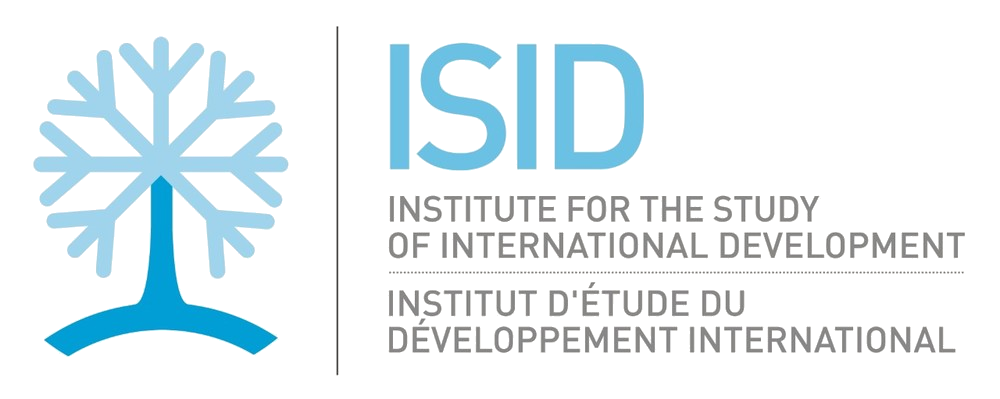Monetary Incentives to Decrease Bribery Among Micro and Small Enterprises in the Kyrgyz Republic
Francesco Amodio, Jieun Choi, Giocomo De Giorgi & Aminur Rahman

Project Description
Firms in developing countries often avoid paying taxes by making informal payments to business tax inspectors. These bribes raise the cost of operating a business, and the price charged to consumers. To decrease these costs, the researchers designed a feedback incentive scheme for business tax inspectors that rewards them according to the anonymous evaluation submitted by inspected firms. The scheme increases the bargaining power of firms in their relationship with tax officials and decreases the bribe size. In their model, firm heterogeneity shapes the interaction between firms and inspectors and the equilibrium bribery outcome. Feedback incentives make firms with larger pass-through more attractive for inspectors. A tilted incentive scheme that attaches higher weights to the evaluation of smaller firms prevents targeting along this margin while decreasing the bribe size. Amodio and his colleagues evaluate both schemes in a field experiment in the Kyrgyz Republic. Their study highlights the role of firm heterogeneity and market structure in shaping the relationship between firms and tax inspectors while seeking clear evidence of pass-through of bribes to consumers. Funding: The World Bank Groupe, PEDL.

